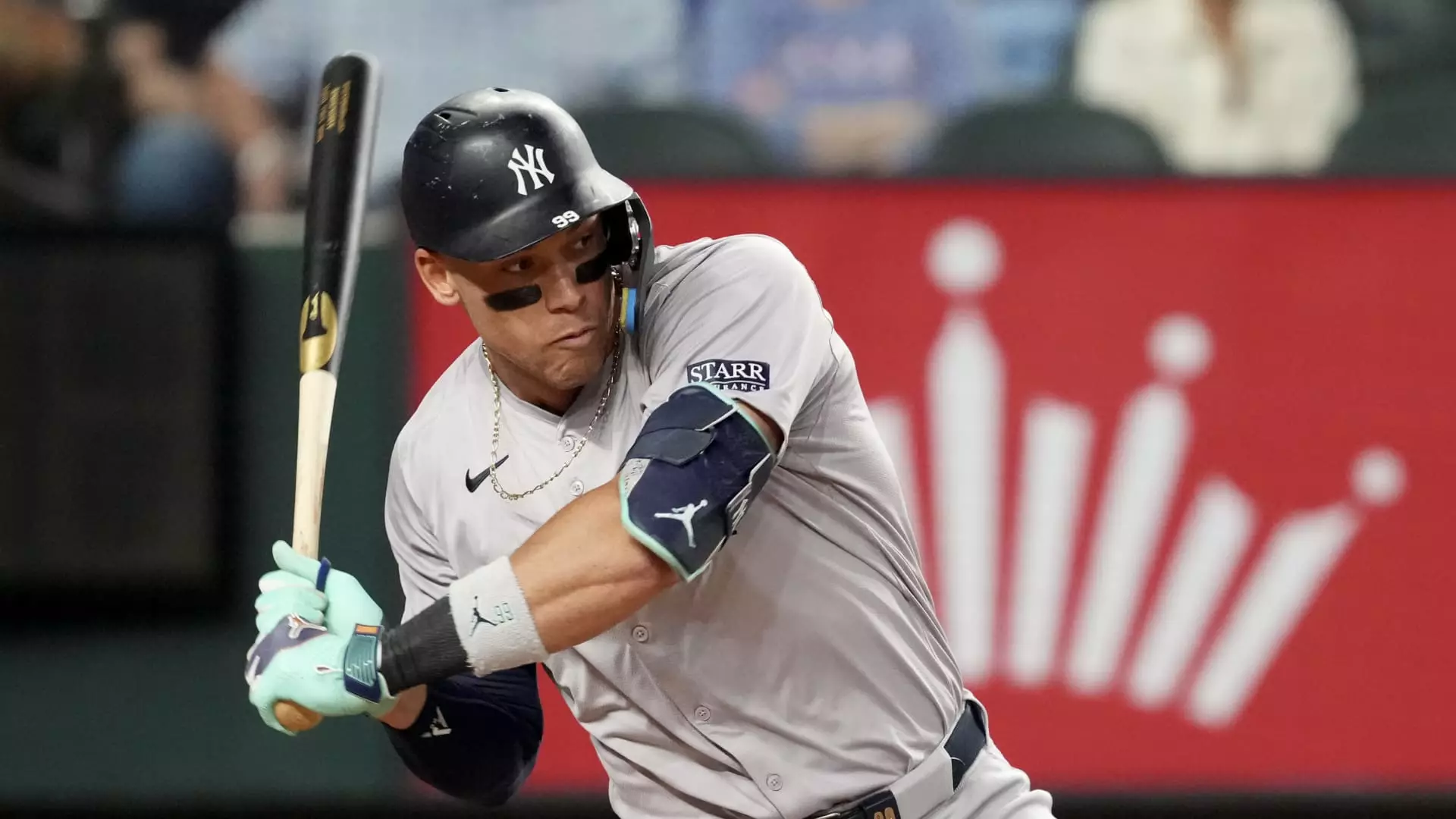Major League Baseball is currently undergoing a significant transformation from being a regional sport to a more national one. This shift in mentality was emphasized by MLB Commissioner Rob Manfred during a recent CNBC x Boardroom event. According to Manfred, in order for the league to grow and reach its full potential, there needs to be a stronger focus on expanding its audience nationwide. With a vast amount of content, including 2,430 games, Manfred believes that implementing a more national strategy will be key to the league’s success.
The recent bankruptcy restructuring of Diamond Sports, the largest owner of regional sports networks in the country, has also had an impact on Major League Baseball. Some teams have chosen to part ways with these regional networks and have turned to the MLB itself to produce and broadcast their games. This shift in broadcasting rights highlights the league’s adaptability and willingness to explore new avenues in order to reach a wider audience.
Former MLB greats CC Sabathia and Albert Pujols, along with Commissioner Manfred, expressed excitement about the talent currently present in the game. However, Sabathia emphasized the need for the league to focus on creating and promoting star starting pitchers. With the evolution of the game leading to fewer innings pitched by starting pitchers, there is a desire to maintain the intensity of elite matchups and the excitement of complete games. The MLB is even considering implementing a minimum inning requirement for starting pitchers to address this issue.
In recent years, Major League Baseball has introduced rule changes aimed at enhancing the on-field action and fan engagement. These changes, such as limiting pickoffs, installing larger bases, and reducing the shift on defense, have resulted in an increase in stolen bases and more exciting plays on the field. The league’s willingness to adapt and innovate demonstrates its commitment to evolving with the changing landscape of professional sports.
Another crucial aspect of MLB’s evolution is the focus on diversifying its audience and recognizing the historical significance of different baseball communities. The league recently acknowledged statistics from the Negro Leagues for the first time, signaling a commitment to inclusivity and historical preservation. There are also plans to engage with underserved communities to attract a broader demographic of players and fans to the sport.
Major League Baseball is at a pivotal moment in its history as it transitions into a more national sport, embraces new technologies and strategies, and continues to celebrate its rich history and diverse fan base. The commitment to innovation, inclusivity, and star power will be crucial in shaping the future of the game and ensuring its enduring popularity in the years to come.

